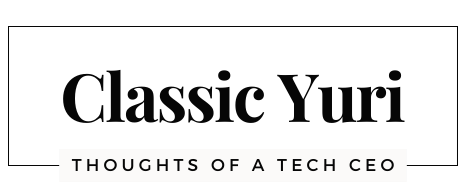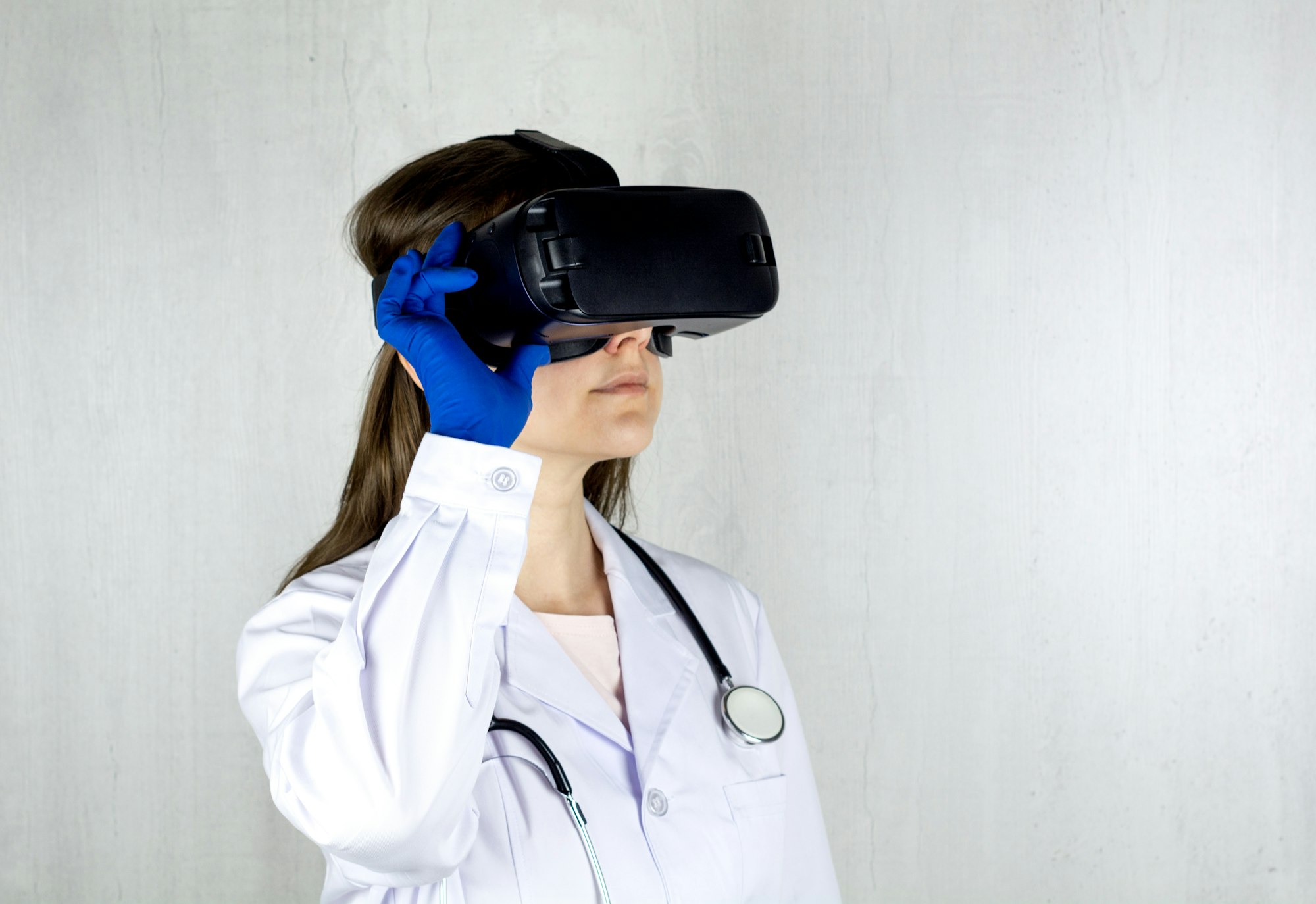While most of the industries have moved beyond dreamy descriptions of how a mobile phone will change "the way we do X" to a more realistic approach where we explore only the next few steps, healthcare content authors are still at that stage.
For most of us in tech, post-2016 privacy controveries have had a sobering effect on how much we let our devices collect and know about us. Now we are moving past that stage into an even more concerning future, where data companies not only know our likes, habits and history better than ourselves, but now can dial in and out our visibility, contents of our posts and our ability to share content with peers.
I don't care that much about Facebook evaluating most I have to say, after all I make these posts voluntarily, knowing the risks and rules. Approaching healthcare innovation in the same way we've been thinking about social media would be the first step to a technocratic dystopia.
This other side of tech automation is why I would be very careful in implementing connected devices as part of innovation strategies. Collection of health data is not voluntary, this fact changes the dynamic of how CIOs should think about acquiring, storing and governing such information. If it's possible to do irreparable damage to a person's reputation by hacking their social accounts and email, think about how much damage can be done obtaining someone's health record.
On top of that, big tech is moving into the industry with their own data solutions. Knowing what we know in 2020, would you trust them with your patient/member data?
So, the question is: as the providers are moving towards decreasing the number of beds and shifting more and more procedures to outpatient services, how do we collect, store and govern patient's medical data in a way that increases the value of our services and doesn't turn into a huge liability?


